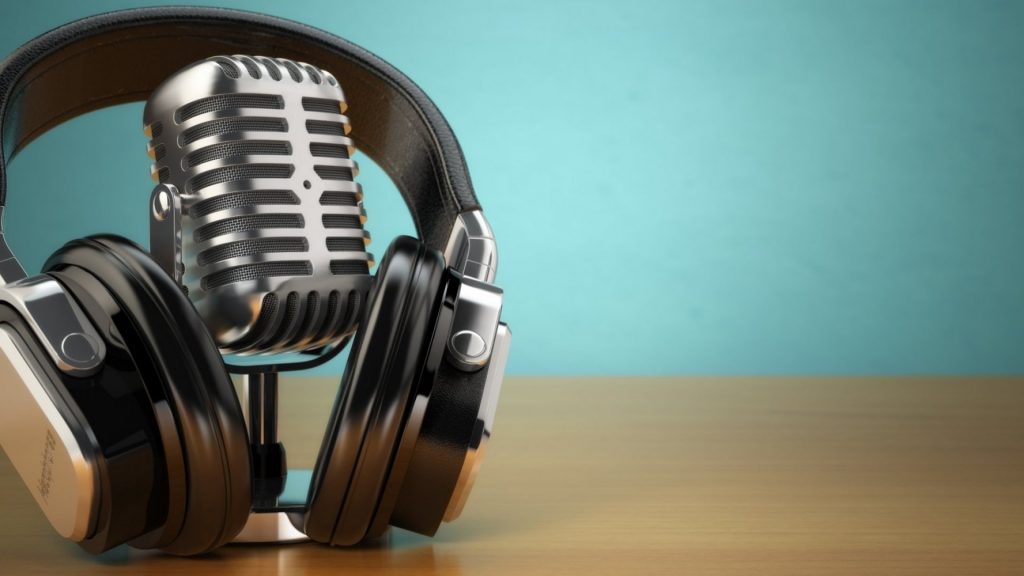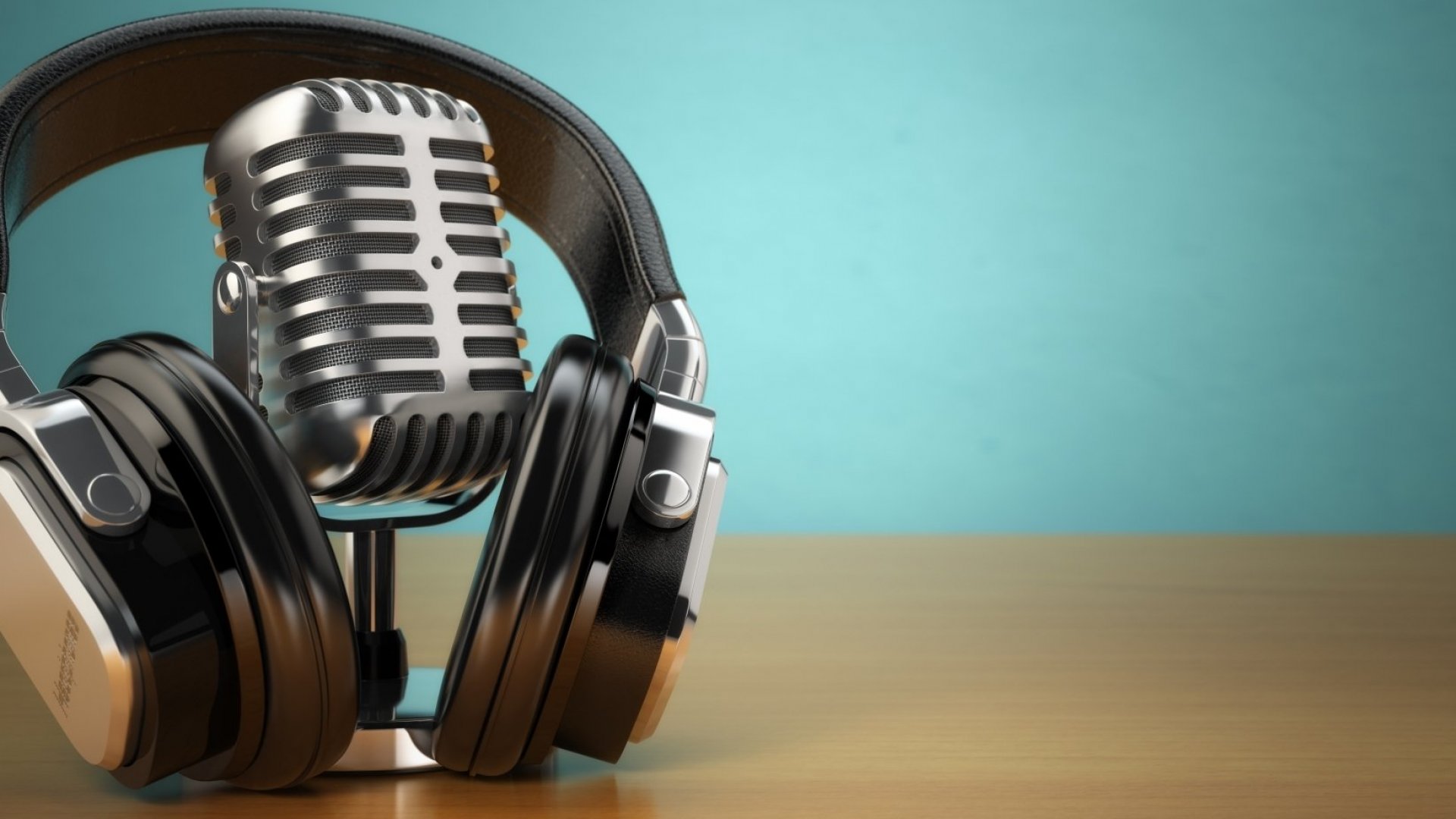By Alexa Garrett, Staff Writer
Podcasting: a medium that has changed much of how we view the world. These audio tapes can range from 10 minutes long to several hours long, covering topics ranging from national politics to artificial intelligence.
In short, “podcasts cater to the part-time nerd, dedicated to soaking up knowledge ambiently. That’s because they are designed for passive consumption; a cause and symptom of our cracked attention spans, perfect for the age of optimization and the cult of busyness,” staff writer for The Guardian Rachel Aroesti said.
Over the past 15 years, podcasting has changed exponentially. The history of podcasting starts with two men who wanted to improve the ease of listening to a news broadcast.
According to Riverside, Adam Curry and Dave Winer created the concept of podcasting in 2004. Through the process of extracting audio files and transferring them to an iPod, they created an efficient way to listen to anything on the go. Ever since the concept was created, it has grown in popularity.
Freshman biology major Laine Leonard thinks that podcasts provide students with a positive outlet.
“I think podcasts are beneficial because it can be an outlet for students to relax and listen to different stories,” Leonard said.

Riverside also states that different important milestones have affected the art of podcasting throughout the years. In 2005, President George W. Bush had his personal weekly address created into a podcast. Over one billion subscribers started using Apple’s podcasting platform in 2013. 2014, however, is when listening to podcasts started to become immensely popular. More and more types of narrative podcasts were created between the years of 2014 and 2018.
Finally, in 2017, podcasting became available for anyone to try.
“The U.S. Patent and Trademark Office rules against Personal Audio in its patent dispute, making podcasting more accessible for creators,” Riverside stated.
Leonard believes that though podcasts are a great way to learn about various topics, they might not be the best platform to receive news from.
“I wouldn’t choose a podcast to listen to the news or current events. Everything is biased, even the news, but depending on the subject and podcast you’re listening to, it could be more biased and have false information,” Leonard said.
Social media might help podcast platforms rather than hurt them. Senior biology major Dina Rami thinks that because podcasting is becoming more prevalent, social media has been outputting more information about podcasts.
“I think that podcasts have greater exposure due to social media because clips from podcasts are spread quickly through these platforms which enables them to reach a wider audience so that they can be reached on more platforms like Spotify,” Rami said.
Podcasts have affected the way people across the world hear news and various topics. Improvement in the podcast industry would not be a surprise in the future.




Be First to Comment